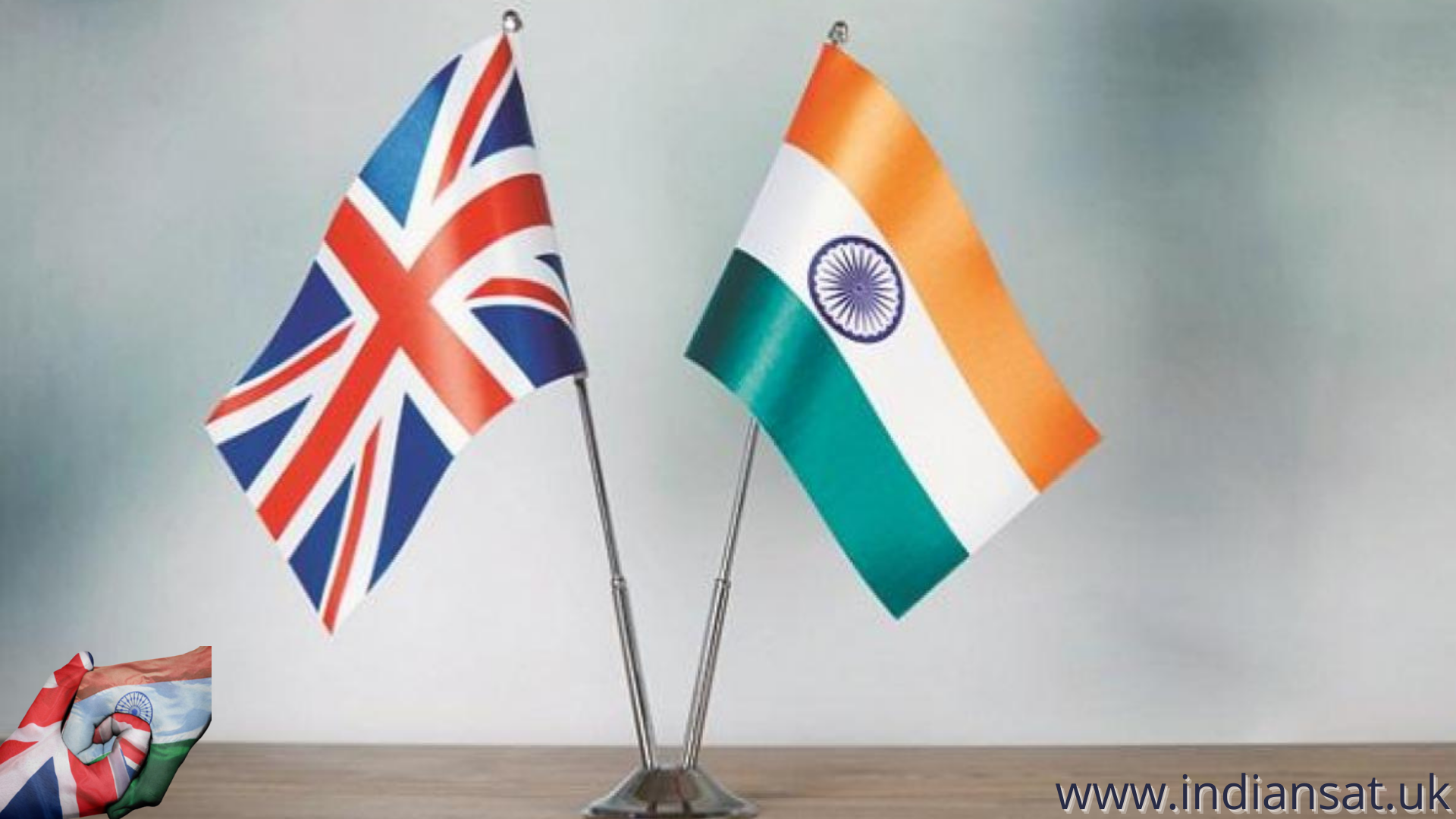Climate change, facilitating investments, and addressing concerns of the services sector proved key talking points for India and the UK at the 11th India-UK Economic and Financial Dialogue (EFD) held virtually on September 2, 2021.
Separately, India and the UK are working out their negotiations for a first-time Free Trade Agreement (FTA), which will improve bilateral market access.
This would be a big win for British manufacturers as the average tariffs in India on UK exports are more than three times than those levied on Indian goods in the UK. India also has in place high non-tariff barriers, which should be addressed by the FTA.
Moreover, the services sector contributes heavily to both the UK and Indian economies and are set to form prime agenda in the bilateral FTA negotiations.
Bilateral investment thrust areas to include green economy, clean energy
At the 11th Economic and Financial Dialogue, India and the UK agreed to a package worth almost £900 million (US$1.2 billion) in public and private finance for green projects and renewable energy. “This includes a US$1 billion investment from the CDC, the UK’s development finance institution in green projects in India, joint investments by both governments to support companies working on innovative green tech solutions, and a new US$200 million private and multilateral investment into the joint Green Growth Equity Fund, which invests in Indian renewable energy”, as per the UK Treasury.
Both India and the UK also welcomed the launch of the Climate Finance Leadership Initiative (CFLI) India partnership that will mobilize private capital into sustainable infrastructure in India.
The CFLI-India partnership offers a roadmap for financing clean energy projects involving wind energy, solar power, and other green technologies. The partnership will be led by a group of leading financial institutions responsible for US$6.2 trillion worth of assets and is chaired by Michael Bloomberg, UN Special Envoy on Climate Ambition and Solutions.
Meanwhile, on September 13, the UK’s Energy Minister Anne-Marie Trevelyan announced Britain’s next round of its renewable energy scheme – the Contracts-for-Difference (CfD) scheme – where qualifying projects will be guaranteed a minimum price at which they can sell electricity and renewable energy producers can bid for CfD contracts in a round of auctions. As per the UK government, the latest round will provide £200 million worth of support to offshore wind projects and £55 million support for emerging renewable technologies.
The UK aims to be able to significantly cut its emissions before it hosts the United Nations Climate Change Conference (COP26) in Scotland in November this year. This creates multiple industries and investment opportunities for cleantech and renewable energy stakeholders, from India and the UK.
India-UK FTA negotiations: Status update
UK businesses and exporters had time till August 31 this year to submit their inputs on areas in the proposed FTA with India as part of a formal public consultation process.
The next steps will involve the UK Department for International Trade processing these suggestions and finalizing its negotiating position.
Formal India-UK FTA talks are likely to start sometime before the end of 2021, as per indications from both sides.
Securing market access
Unequal market access and trade protectionism, as experienced through India’s high tariffs, in particular, have been the starting point for UK FTA negotiators. The average tariff imposed on Indian export goods to the UK was 4.2 per cent, while it was at 14.6 per cent for UK exports to India.
In fact, about 66 per cent of the product lines exported by India to the UK faced no tariffs while only three per cent of the product lines from the UK could enter India without being subject to tariffs.
India’s non-tariff barriers include a large number of sanitary and phytosanitary measures, technical barriers to trade, quantitative restrictions, tariff-rate quotas, and safeguards.
Through the FTA, however, the UK will likely want larger market access for items apart from automobiles and wines and spirits, with trade diversification a key goal for London in the aftermath of Brexit.
India, too, stands to make gains by broaching new export market ground in areas where it faces high tariffs like apparel, textiles, and footwear.
UK’s total trade in goods and services with India increased by 51 per cent from £9.8 billion in 2011 to £14.8 billion in 2019, its exports of goods and services to India increased by three per cent from £8.2 billion to £8.5 billion, during the same period.
Services sector is another key negotiation point
The services sector accounts for 71 per cent of the UK’s GDP and 54 per cent of India’s GDP.
In a joint statement at the virtual EFD in early September, both, Nirmala Sitharaman, India’s Minister of Finance, and Rishi Sunak, the UK Chancellor, agreed they will be ambitious in their negotiations over the services sector.
The UK wants new opportunities for its financial firms and can help more Indian companies access to finance in London. An end to the retrospective tax scheme and a higher foreign direct investment (FDI) limit in the insurance sector – increasing from 49 per cent to 74 per cent – besides the removal of the sector’s ownership and control requirements have been appreciated by London. These measures will strengthen the business environment and prove facilitatory.
On the Indian side, a liberal visa regime and mutual recognition agreements for service providers is anticipated that will ease the movement of Indian workers to the UK and expand the scope for businesses in the professional services industry.
Among the two countries, India imposes substantially higher restrictions across all the sectors covered by the OECD Services Trade Restrictiveness Index. Sectors with the most restrictions include rail freight transport, legal, accounting, and architecture.
![]()






